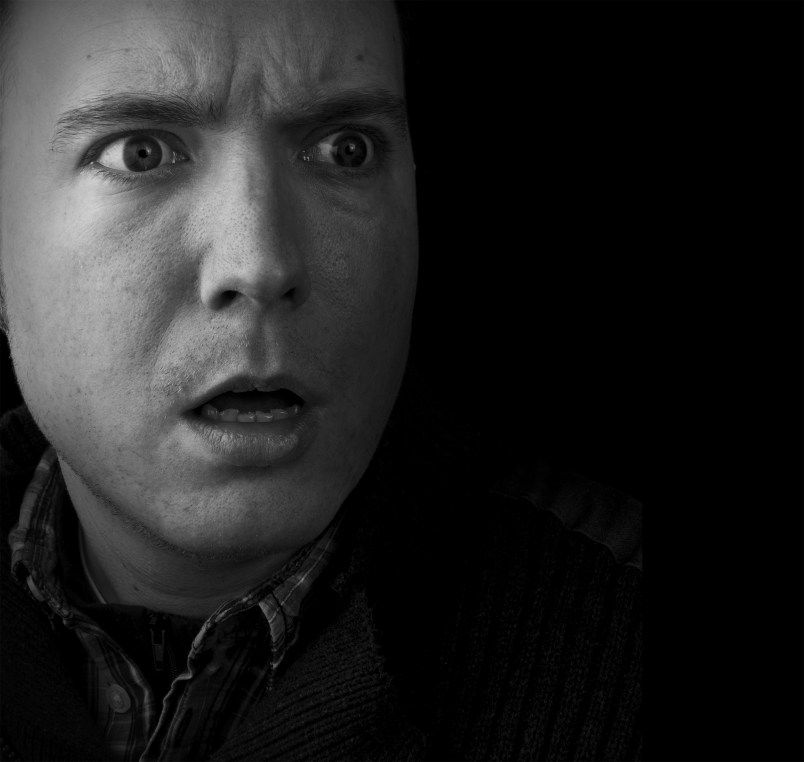With the clock ticking down to hearing how the Supreme Court comes down on King v Burwell, the Obamacare subsidies case, it’s worth reminding ourselves of the overriding salient fact about the case. This is not in any real sense a question of law or constitutionality that made its way up through the courts in any standard way – not even in the sense that activists often look for ‘test cases’ to advance some particular argument or test a purported right. King v Burwell is a construction of the Republican party indistinguishable in any meaningful sense from the dozens of times congressional Republicans have voted to repeal Obamacare or otherwise torpedo the law since it was passed in 2010.
The case is the work of Republican activists. It was chosen for review – actually plucked out of the established path a case usually takes to the Supreme Court – almost certainly by the four Justices who reflexively side with the positions of the Republican party, even when they conflict with their purported judicial philosophy. The case case has been aggressively supported by virtually all national and state Republican officeholders – even up to the point of manufacturing fake memories to support the nonsensical premise of the case.
The GOP is 100% all-in.
That’s what makes it all the more interesting that on the verge of finally finding a maneuver to demolish the law, at least in most states, Republicans now seem something verging on terrified that they might actually win. They are like the dog who finally caught the car. Now what do they do?
Many Democrats are watching with a level of glee as Republicans look at the possibility of electoral carnage that is entirely of their own making. But they should be looking for every way possible to save them from that since the human carnage infinitely outweighs whatever deserved agony Republicans may have brought on themselves.
Possible reactions seem now to range from simply doing nothing and letting millions lose their health insurance, passing various poison pill laws intended to force a presidential veto and blame the whole thing on President Obama or – most likely – pass a temporary extension of Obamacare subsidies to push the mess out past the 2016 presidential election.
As Brian Beutler notes here, the dynamics end up looking a lot like the government shutdown battles of recent years. Conservative diehards force a shutdown over some mix of ideological fervor and unrestrained id. Establishment Republicans try to navigate a way out of the crisis driven by a mix of fear over electoral consequences and simple responsibility. But the result is a stand off which by definition goes to the side looking to sow chaos. Things generally wait in that condition until things get bad enough in the court of public opinion that conservatives allow establishment Republicans to surrender on their behalf.
As Brian notes, what’s possible is that the chaos and fall out are terrible enough to be terrible but not quite terrible enough to face the GOP with the kind of electoral disaster that made them giveaway on their various efforts to shut down the government or default on the national debt. The biggest clue may be from staunch conservatives saying they don’t care because their key supporters don’t get subsidies anyway.
For my part, my bet is on the government winning the case and the whole issue going away. I do not base this on any tea leaf reading of the oral arguments or legal insight but on a simple logic which may or may not be right. Both of the Supreme Court challenges to Obamacare have been very weak. The first one weak as major constitutional cases go; the second one weak to the verge of comedy. Because of this, I don’t think the outcome in either case is jurisprudential. I think it’s wholly political and outcome based – much, much more so than may (depending on your level of cynicism) normally be the case. John Roberts decided in case one – presumably out of a calculus based on the Court’s reputation and his own legacy – that he did not want to gut the law. If I’m right and this is fundamentally a political and reputational choice, I see no reason to think his calculus has changed. So I expect him to vote accordingly and uphold.
Am I confident of this prediction? Not at all. But it’s the only analysis that makes sense to me.






